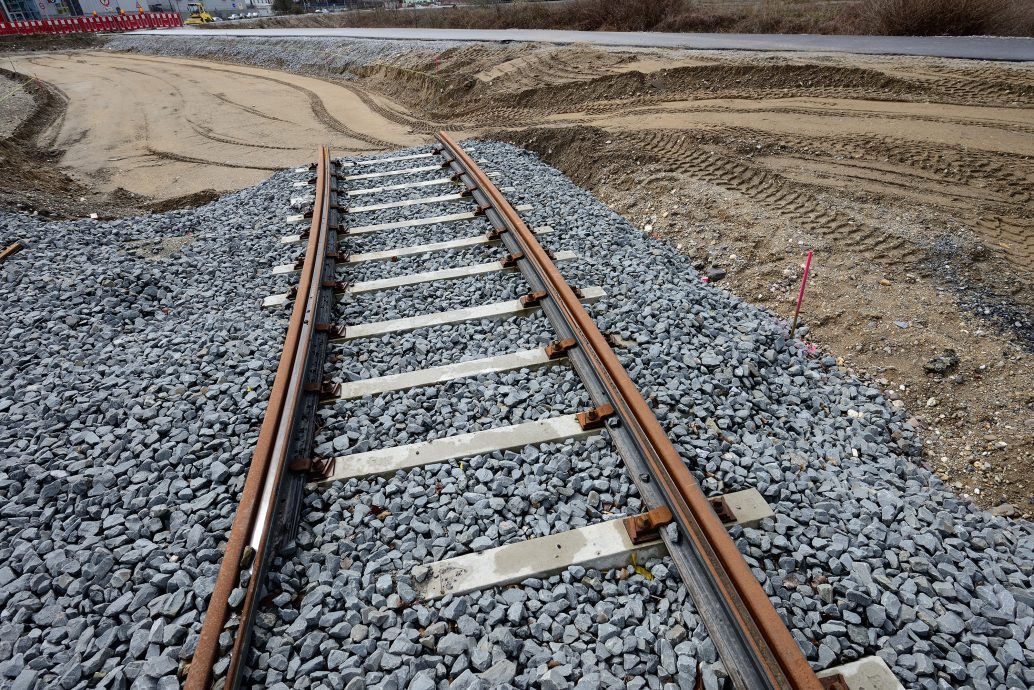The more blunders the Fed makes, the more power and prestige it seems to get.
Congress Works
Huzzah: last week Congress passed, in bipartisan fashion, a five-year, $300 billion-plus transportation bill. President Obama is expected to sign the legislation. The bill provides for much-needed infrastructure development. Beyond that it fixes a constitutional infirmity; corrects an institutional oddity that’s been with us since 1913; and even promises better food service on Amtrak. Miracles happen, and not just in Bethlehem.
Okay, I take that back. Making ready allowance for the usual sausage-making (which I’m happy to tolerate, within bounds) this enactment is mostly smh stuff.
Start with the ostensible constitutional fix: the act makes Amtrak’s President, who is appointed by its Board, a non-voting member (and then adds another voting member). The Constitution, you see, permits only inferior—not principal—officers to be appointed by “heads of departments” (rather than the President), and in last Term’s “Amtrak Case” (Department of Transportation v. Association of American Railroads) Justice Alito wondered how someone who can cast a deciding vote—on a body that’s plainly composed of principal officers—can be an inferior officer. The case is rattling around on remand in the D.C. Circuit; Congress has sensibly fixed the constitutional infirmity.
Like that would happen. The Board President may now be “inferior” (although even that isn’t clear under the precedents) but it’s still a mystery why the Amtrak Board is the sort of “head of a department” that can appoint him. Plus, the highly suspect arbitration system that governs obligations between Amtrak and private railroads remains unchanged, and a subject of pending litigation. Maybe Congress couldn’t fix that. Or maybe it has lousy lawyers.
Constitutional perplexities are bound to arise over a body (Amtrak) that’s nominally private but a governmental, regulatory, rule-making body in real life (as last Term’s case held, again). Delegation problems though, run both ways here: when it comes to Amtrak’s services, Congress micromanages, all the way down to the cafeteria offerings. (Go read H.R. 22.) Upon information and experience, that works no better than wholesale delegation. We should simply sell the beast to the highest bidder and use the money for useful things, like roads.
True fact: our roads, bridges, tunnels etc would greatly benefit from major public spending. We used to do that under a “user pays” principle: proceeds from the gas tax were deposited in a highway trust fund, and then we built roads. (The feds copied that model from the states, which pioneered it in the 1920s to build a very serviceable road system.) Progressively, though, Congress—in contrast to the states of old—diverted the funds to other uses, foremost public urban transit. Predictably, the diversion of funds at one end eroded the users’ willingness to pay at the other; and so the Highway Trust Fund now resembles the Holy Roman Empire: a misnomer on all three counts.
Instead of eliminating the baubles and re-establishing the original “user pays” principle, Congress has now supplemented the Fund from several sources, to the tune of something like $69 billion. Inter alia:
- The feds will sell $6.2 billion worth of oil from the Strategic Petroleum Reserve. Like, there’s not enough oil out there.
- The Leaking Underground Storage Trust Fund will, well, leak $300 million to the general Treasury and thence the highway program. Leave no trust fund unraided.
Progressing to more questionable exercises of the power of the purse:
- There’s an amendment to IRS Code Sec. 9503(b)(5): civil fines payable for traffic safety violations (not your missing tail light—fines imposed by NHTSA on manufacturers of cars and parts) are now dedicated to the highway program. Generally the Miscellaneous Receipts Act requires that all fines etc. must be deposited in the Treasury. That remains the case but Congress has now prospectively provided for an equivalent appropriation from the Treasury to a Trust Fund that’s neither. Problem solved, problem created: NHTSA and DoJ now have every incentive to treat carmakers like banks and to look at law enforcement as a form of tax farming. Although I suppose that’s no longer news.
- There are Amendments to 15 USC 289(a). That would be Section 7(a) of the Federal Reserve Act. Since time immemorial, the Federal Reserve Banks have retained some of their earnings; this act limits that amount to $10 billion. Further, since the inception of the Fed, the reserve banks have paid their stockholders (private banks) a six percent dividend. Smaller banks will continue to receive that dividend. Bigger banks (above $10 billion in consolidated assets) will now get the lesser of six percent or the yield on a ten-year Treasury note. The reduction is probably not a bad idea (who else gets six percent these days) but the fact is that they’ve plundered the banking system of 20-plus billions to pay for bike lanes in Peoria and to make straight the path of the Tesla. If no desert tortoise gets in the way.
I’m all in favor of transactional politics. In this instance, though, Congress has bargained with chips that make for very bad precedents.


